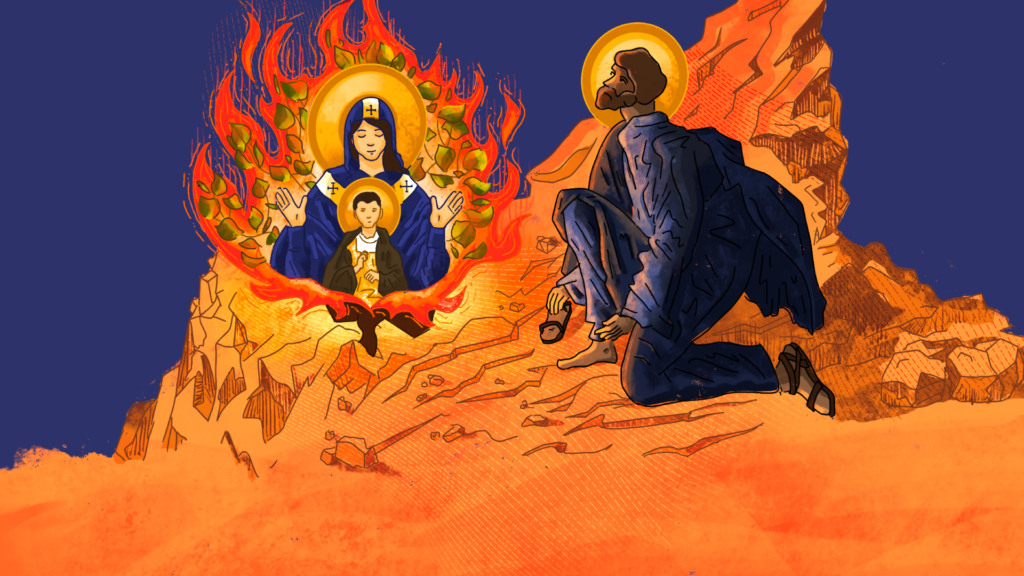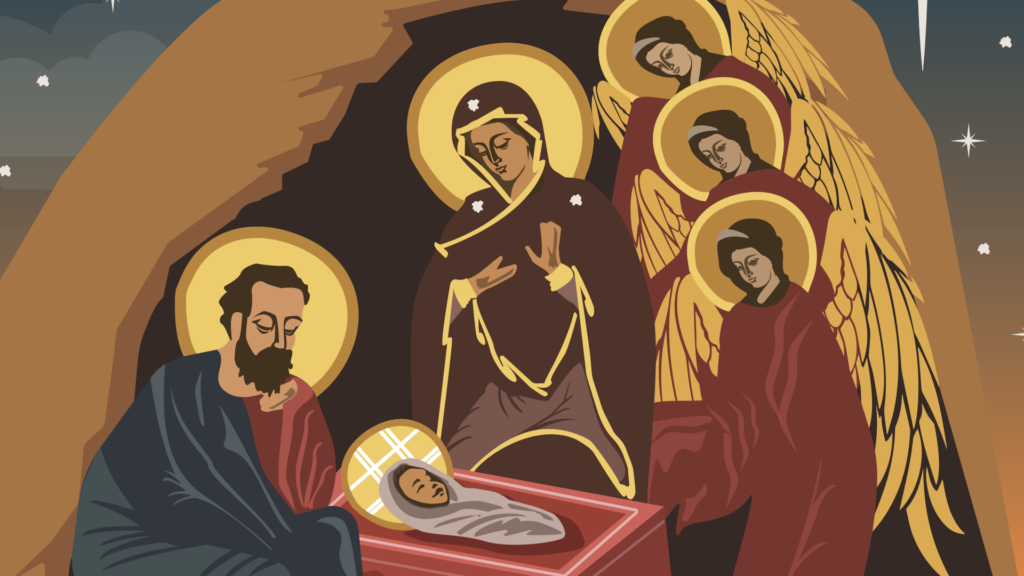Peter and Paul were very different men. Peter was married, a fisherman by trade, with no advanced studies beyond the synagogue school, who spent three years with Jesus and became head of the apostles. Paul, on the other hand, was a Roman citizen, who presumably received a liberal education, studied under the famous rabbi Gamaliel, remained single, and practiced a trade, making tents.
Two things linked them, however. They both betrayed Jesus. Peter, at the very hour of Jesus’s Passion, after swearing that he would follow Jesus to prison and death, denied that he knew him, even uttering curses. Paul too betrayed Jesus, though in a different way. He had not known Jesus, although he was expecting the Messiah. He could not recognize Jesus as the Messiah when he came and sought to put Christians to death, which Jesus told him was the same as persecuting him.
Despite these betrayals, both men were called to become leaders in establishing Jesus’s Church. Peter was sent to Jews throughout the Mediterranean world and served as a pillar in unifying the Church, feeding the sheep, as Jesus directed him. Paul was sent to the Gentiles, becoming the greatest preacher and writer of the early Church. They both died in Rome, becoming martyrs under the persecution of Nero, making Rome the capital and center of the Catholic Church.
These very different men, united in a common mission, share a feast day as true pillars of the Church built by Christ– constructed on the rock of Peter and bolstered by Paul’s ministry. They model different ways of entering into the apostolic mission we all share. Some of us may be organizers, who draw people together, foster community, and keep people focused and on task. Others may be more inclined to witness and spread the message of Jesus, either through conversation or teaching. We need both approaches and they complement each other.
The solemnity of Sts. Peter and Paul on June 29th offers us a day to celebrate Christ’s establishment of the Church. Jesus chose to rely on others to continue his mission. He calls us to continue this same mission begun by the apostles today. Just as Peter and Paul faced hardships in the world and divisions in the Church, but remained faithful to the end, so we too must stay focused on the truth and grace of Jesus and do our part to spread them, no matter what is happening around us. These men give us inspiration and courage and as we celebrate them we also celebrate the faith we share with them and the many graces given to us through the Church.
Who’s been the king of your Summer? Start overcoming Summer sloth today by reading through 2 Samuel with us and following King David’s example!
Dr. Staudt serves as Director of Content for Exodus and as an Instructor for the Lay Division of St. John Vianney Seminary. He is the author of How the Eucharist Can Save Civilization (TAN), Restoring Humanity: Essays on the Evangelization of Culture (Divine Providence Press) and The Beer Option: Brewing a Catholic Culture Yesterday & Today (Angelico Press). He holds a Ph.D. in systematic theology from Ave Maria University and B.A. and M.A. in Catholic Studies from the University of St. Thomas (St. Paul, MN). He and wife, Anne, have six children and he is a Benedictine oblate.






